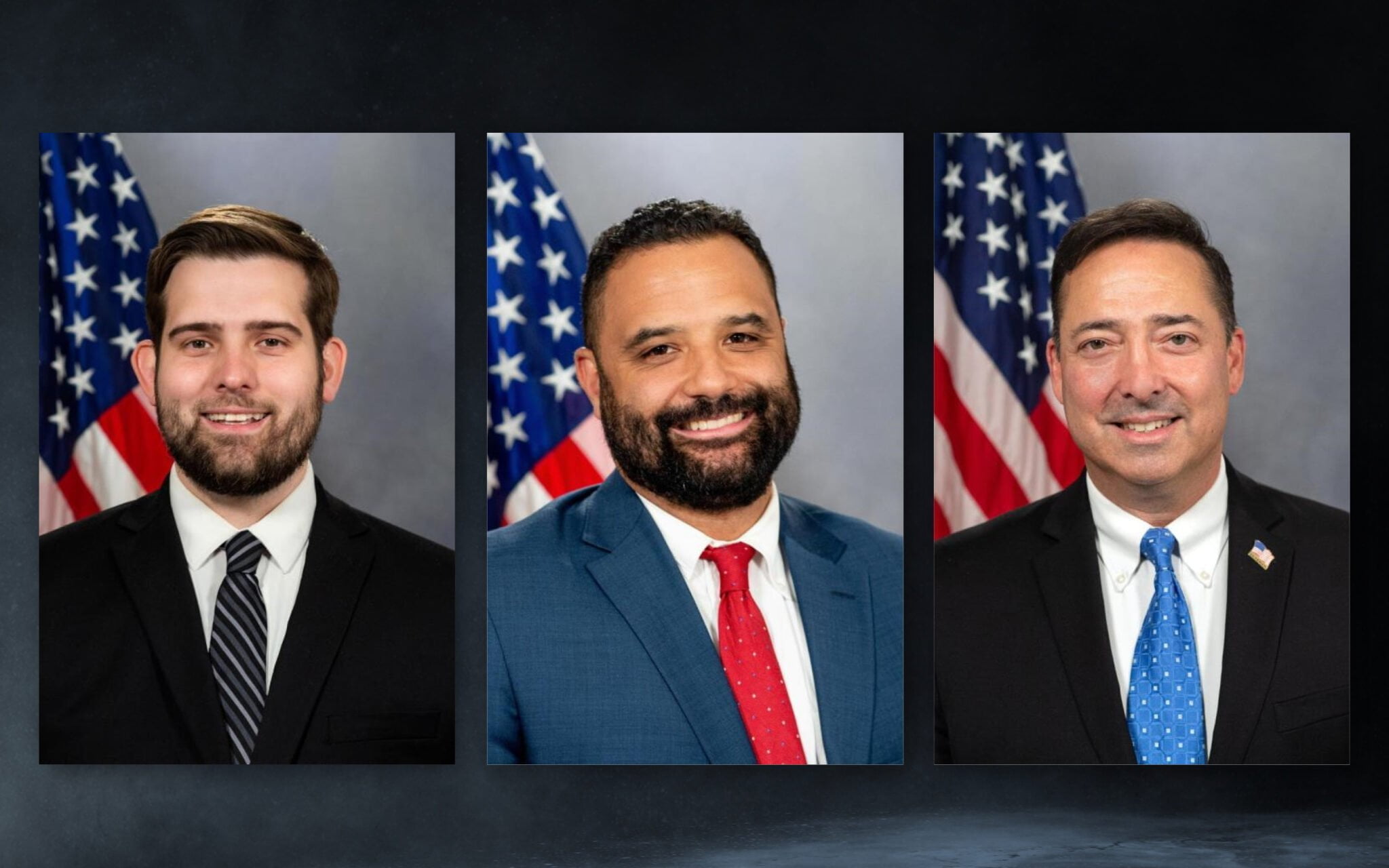Three Democratic state lawmakers are hoping to make Pennsylvania a more appealing place to work. The trio has proposed a pilot program to supply tax credits to businesses that provide a four-day, 32-hour work week to commonwealth-based employees without reducing compensation or benefits packages.
The proposal by Dauphin County Representative David Madsen and his colleagues Chris Pielli of Chester and Joshua Siegel of Lehigh is still in the planning phase, and has been created in response to Governor Shapiro’s ambitious goals of expanding the Pennsylvania workforce. Additionally, the trio knows the governor intends to bring more businesses to the commonwealth. “In my district,” Madsen explains, “for every one [potential] worker there are two jobs. If employers already can’t find people, we’re going to have a tough time finding additional employees with a labor market this tight.” The three lawmakers see the shortened work week as an incentive to new hires – not to mention a retention tool for those already employed.
While the concept may seem radical in the United States there are healthy models across Europe and Asia that have realized increased productivity when workers had more time to spend on themselves and their families. A recent and similar pilot program in the United Kingdom concluded with dozens of businesses sticking with the model, citing “major benefits to workers’ health and productivity when their hours were reduced.”
Pennsylvania is not a very worker-friendly state. It has the lowest minimum wage in the nation, with all but one of the commonwealth’s adjoining states guarantee double digit hourly rates. And “brain drain” is also an ongoing and serious issue notes Madsen. “We have some of the best universities in the nation and we don’t keep their students when they graduate.”
So how will the Keystone State stem the flow of good young workers headed out of the region? Madsen says raising the minimum wage won’t do it. “Though I’m not giving up on that. I’m still for raising the minimum and I think my colleagues are too. But we have to give employers another way to attract talent.” Madsen says for employers who are already paying a competitive salary, it’s time to listen to what younger workers want. “More time with their families. For Gen Z workers, for millennials, businesses need to offer more time to enjoy life. They want time with their families, time to travel.”
Fewer hours on the paid job isn’t just about enjoyment, explains Ebru Kongar, professor of cconomics at Dickinson College. A feminist economist, Kongar specializes in the political economy of gender. Kongar sees the proposed pilot as a move toward gender equity. With less paid work hours, both men and women will have more time for their non-paid work. For decades the American economy has “been working on a model with a male breadwinner and opposite sex homemaker model.” Kongar cites various caregiving roles that receive no financial compensation at all. These “jobs” of caring for children, elderly parents and domestic chores have historically landed in the laps of women. “When unpaid work is your whole industry, life is not sustainable. Consequently, women’s value as ‘unpaid’ is not appropriate.”
Madsen agrees. “Let’s face it, right now most workers have to spend a lot of time doing the home work. From raising kids, caring for parents, feeding the dog … to just getting the laundry done. People need more time.”
Billie F. Barnes, executive director for the Bucks County Workforce & Economic Development, hears the same thing all the time from the hundreds of people who come through their Career Link. “Our counselors talk to them. People want a better work/life balance. Wait. Flip that. They want a better life/work balance. Today’s workers want to commit to themselves. Exercise matters. Mental health matters. Employers must look outside the box to appeal to these qualified applicants.”
Barnes welcomes the proposed pilot program in Bucks County, although she is quick to point out that this will only be part of the fix. “We’re dealing with a couple of things. Especially housing.” Barnes knows that when people look at a job in the area, the question is, “Housing? How can they afford that?”
Barnes likewise points at the shrinking labor market and knows people are, in some cases, afraid to return to work. They’re afraid to lose someone at home, caring for the kids, the elders. Because of these pressures, the workforce executive believes lowering the time commitment is a winning proposition. “If employers did go to a four-day work week that would definitely be a recruitment incentive.”
Sean Fremstad, director of law and political economy at the Center for Economic and Policy Research, wholeheartedly endorses the notion. “We should be working less.” So, what could be the downside? Some jobs can’t be squeezed into fewer hours. Employment increases will be necessary.
Fremstad’s concern is for caregivers and other lower wage occupations. “Some jobs make so little that forcing them to do more in less time will only add stress to already unworkable situations,” he noted, citing home health nurses and other occupations. He also cautions against the tendency to make the tax incentives permanent.
Fremstad explains, “Reduced working time has come down in wealthy countries. The AFL-CIO had the four-day work week on their agenda since the Kennedy Administration … The major challenges, politically, come from elite men.” Meaning – men who have benefited from the older gender-based compensation system.
The challenge with creating a new “full time” standard? “We got to do it in an equitable way.” Giving money to wealthy bosses may be a good initial incentive, but “we wouldn’t want the state to finance the project entirely with tax credits. If workers are more productive, businesses won’t need credits.”
Representative Madsen agrees with all these points. Shortened work weeks will require more employees for service jobs. He envisions, like Bucks County’s Barnes, that the shortened work week is the incentive needed to help people choose those service professions. He also believes that employers may see the opportunity to secure better employees, “Entrepreneurs are creative” and because the tax credit is flexible, “employers could use all or part of their credit to create bonuses for their workers,” said Madsen. Or they could just use the extra dollars to hire more help.
Creative entrepreneurs are invited by the representatives to reach out early in support of their pilot program. Representative Madsen may be contacted at dmadsen@pahouse.net.





